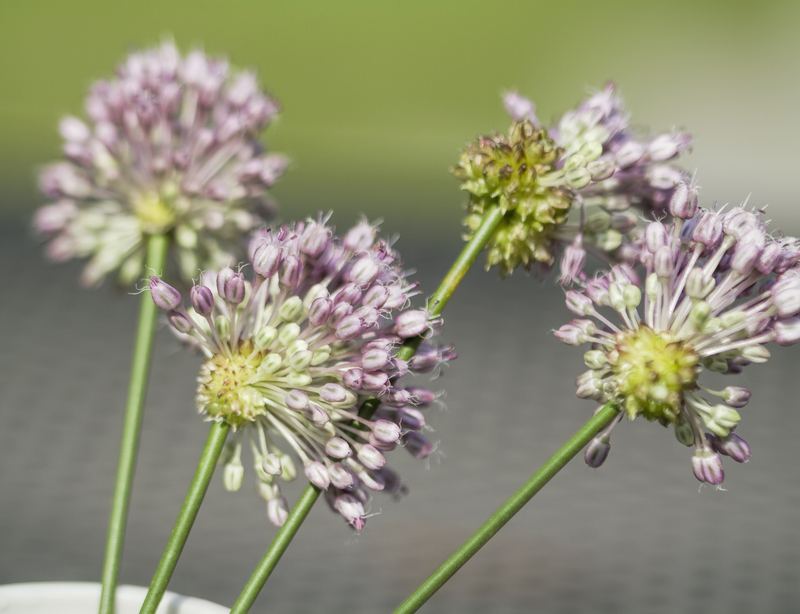Maintaining Your Garden in Winter
Posted on 09/11/2024
As the winter months approach, it's crucial to adjust your gardening routine to ensure that your beloved greenery survives and thrives despite the cold weather. Winter poses unique challenges, but with proper planning and care, your garden can continue to flourish. This article dives into essential tips for maintaining your garden in winter, covering everything from soil health to plant protection.
Understanding Plant Needs in Winter
Plants have different requirements during the winter months compared to warmer seasons. Understanding these needs is the first step in maintaining a healthy garden. Most plants enter a dormant phase to conserve energy and survive the cold. However, they still require specific care to ensure they wake up healthy and vibrant in spring.
Soil Preparation and Maintenance
Winter can be harsh on the soil, affecting its structure and nutrient content. Preparing and maintaining your soil during this period will give your plants a significant advantage when the growing season resumes.
- Mulching: Adding a thick layer of mulch helps to insulate the soil, retaining moisture and protecting plant roots from freezing temperatures.
- Composting: Incorporate organic matter into the soil to enhance its fertility and structure. This will also encourage beneficial microbial activity, crucial for plant health.
- Avoid Tilling: Disturbing the soil structure can expose roots and kill essential organisms. It's best to leave the soil undisturbed during winter months.

Plant Protection Techniques
Protecting your plants from harsh winter conditions is paramount. Strategies may vary depending on the types of plants you have and your local climate.
Frost Protection
Frost can damage or kill sensitive plants. Employing frost protection methods can save your garden from potential damage.
- Cover Plants: Use frost cloths, blankets, or old sheets to cover plants during cold nights. Ensure the covers reach the ground to trap warmth.
- Water Wisely: Well-watered soil retains more heat than dry soil. Water your garden before a predicted frost to protect plant roots.
Wind Barriers
Strong winds can dry out plants and soil. Construct windbreaks using fences, trellises, or even dense plantings to shield your garden.
Greenhouse and Cold Frames
Greenhouses and cold frames are excellent solutions for winter gardening. They provide a controlled environment that protects plants from extreme weather conditions.
Greenhouse Gardening
A greenhouse offers a stable, warm environment perfect for winter gardening. Here are some tips for effective greenhouse use:
- Monitor Temperature: Use heaters and thermostats to maintain an optimal growing temperature inside the greenhouse.
- Ventilation: Ensure proper airflow by opening vents during sunny days to prevent overheating and condensation buildup.
- Lighting: Use grow lights to supplement natural light, especially during short winter days.
Cold Frames
Cold frames are a more cost-effective alternative to greenhouses. They extend the growing season by creating a microclimate for your plants.
- Location: Place cold frames in a sunny spot to maximize heat absorption during the day.
- Insulation: Use straw or leaves around the frame to further insulate plants from freezing temperatures.
Pest and Disease Control
Winter doesn't necessarily mean a break from pest and disease management. Some pests and diseases are more active during this time, so vigilance is key.
- Regular Inspection: Check plants regularly for signs of pests or diseases. Early detection makes management easier.
- Clean Up Debris: Remove fallen leaves and dead plant material, as they can harbor pests and pathogens.
- Use Natural Sprays: Apply natural insecticidal soaps or neem oil to vulnerable plants if you notice pest activity.
Watering and Hydration
Watering in winter requires a different approach due to lower evaporation rates and dormant plant states. However, hydration is still essential.
- Check Soil Moisture: Regularly monitor soil moisture levels to ensure they are neither too dry nor waterlogged.
- Water During Mornings: Watering in the morning allows the soil to absorb and retain moisture before temperatures drop at night.
- Use Warm Water: In extremely cold weather, slightly warm (not hot) water can help prevent shocking plant roots.
Pruning and Maintenance
Winter is an ideal time for pruning dormant plants. Proper pruning promotes healthy growth and prevents disease spread.
- Remove Dead or Diseased Branches: Clearing away unhealthy parts prevents disease transmission and encourages new growth.
- Shape Plants: Pruning helps maintain plant structure and prevents overcrowding.
- Sanitize Tools: Disinfect pruning tools to avoid spreading pathogens between plants.

Planning for Spring
Use the winter downtime to plan and prepare for the upcoming growing season. Review last year's garden performance and make adjustments as needed.
- Seed Orders: Order seeds early and start planning your planting schedule.
- Tool Maintenance: Clean and sharpen gardening tools to ensure they are ready for spring use.
- Soil Testing: Test your soil to determine its nutrient levels and pH. Amend accordingly for optimal spring growth.
Conclusion
Maintaining your garden in winter requires some adjustments and dedicated care, but the rewards are well worth the effort. By understanding plant needs, protecting them from harsh weather, and employing proper watering and pruning techniques, you can ensure that your garden remains healthy and beautiful throughout winter. Additionally, the use of greenhouses or cold frames can provide a controlled environment for your plants to thrive. Finally, use this time to plan for the spring season, ensuring your garden is prepared for another year of growth and beauty. With these strategies in place, your garden will not only survive the winter but emerge stronger and more vibrant in the spring.












